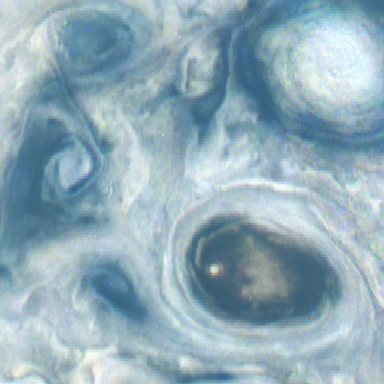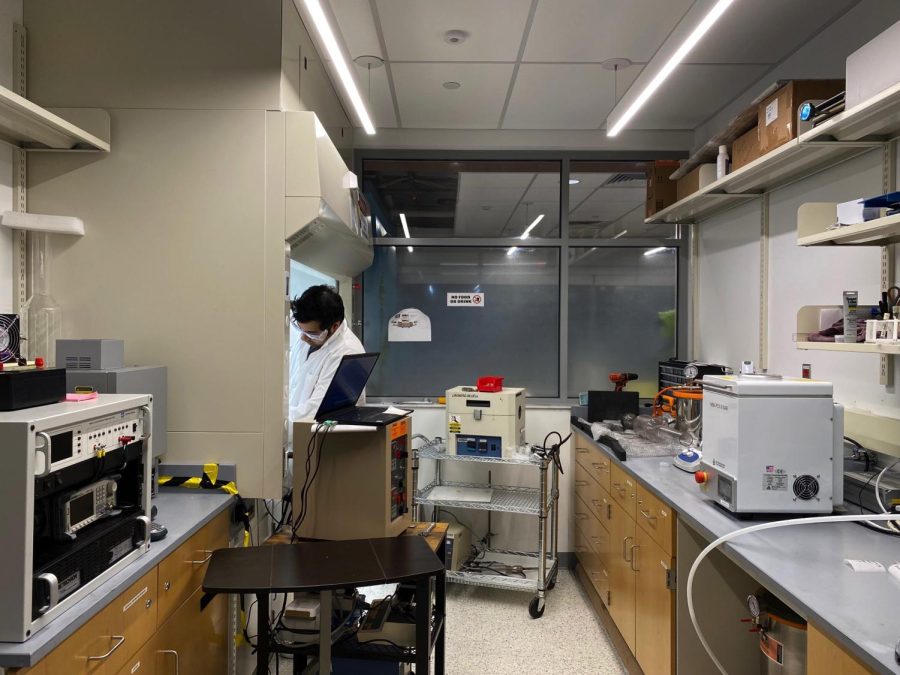The University of Minnesota is researching how to make harmful “forever chemicals” less dangerous for ecosystems in Minnesota with a naturally occurring bacteria capable of breaking down these chemicals in the environment.
Per- and polyfluoroalkyl substances (PFAS), commonly referred to as “forever chemicals” is often found in non-stick cookware, stain protectors, firefighting foam and cosmetics. They can potentially cause cancer and pose dangers to fetal development and young children, according to the Minnesota Pollution Control Agency (MPCA). The MPCA expanded its PFAS monitoring plan to include additional industrial facilities in the Twin Cities on March 22.
Expanded monitoring in the Twin Cities
The monitoring will determine if PFAS chemicals are being released into groundwater, wastewater and surface waters and collect data on concentration levels. Monitoring will also help build regulations and legislation around PFAS in Minnesota, as there are not currently any statewide water quality standards. Regulations have been difficult to develop because of PFAS’ mobility and persistence in the environment, according to MPCA PFAS coordinator Sophie Greene.
The expanded MPCA plan will monitor 137 manufacturing and industrial facilities, eight regional airports, 143 landfills and solid waste management facilities and 91 municipal wastewater treatment plants. MPCA will summarize and report this data to the public in 2024 and use the information to implement further pollution prevention efforts.
“[PFAS] are known as ‘forever chemicals’ because they don’t break down in the environment once they are released,” University environmental health sciences professor Matt Simcik said. “We are still trying to find something that is efficient, inexpensive and highly concentrated that we can use to destroy these things.”
Student researcher takes on PFAS
PFAS are difficult chemicals to eliminate because they have a high resistance to degradation and tend to stay in water and soil for long periods of time. This eventually leads to accumulation in humans and fish, according to graduate student researcher Maddy Bygd.
With assistance from University biology professor Lawrence Wackett, Bygd has researched and identified a bacteria, “Pseudomonas putida,” that can break down pollutants similar to PFAS in soils.
The bacteria breaks down chemicals into less harmful compounds such as fluoride and carbon in a process called defluorination. This process decontaminates the PFAS chemical so it is less harmful to the environment.
“By understanding these reactions, we can apply an effective enzyme in soil without causing any ecological damage or hazardous effects to remediate chemicals such as PFAS,” Bygd said.
PFAS and big corporations
Some companies have received growing attention over their release of PFAS into the environment and have been pressured to change manufacturing practices, according to the United States Environmental Protection Agency.
Twin Cities based-company 3M has used these chemicals for over 50 years to the manufacturing of products according to the 3M website. In February 2018, Minnesota reached an $850 million settlement with the company for PFAS production that caused damage to natural resources and drinking water in the east metropolitan area.
According to 3M’s website, the company has invested over $200 million worldwide towards PFAS remediation.
“By monitoring these facilities, we can understand the amount [of PFAS] present and make strategic decisions in order to create future regulations that are comprehensive,” Greene said.



























